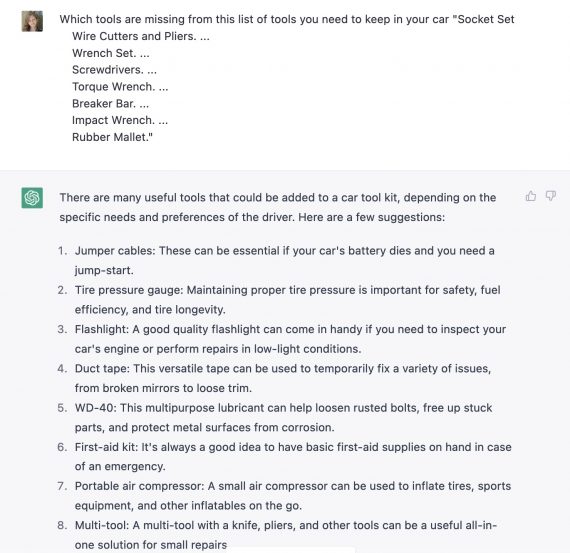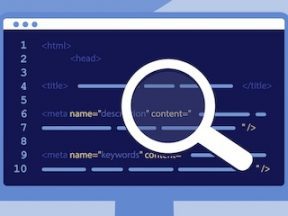Artificial intelligence-driven tools such as ChatGPT, Jasper, and others can create content at scale. But the effect of those tools on organic search rankings is unclear.
Google has not yet issued official guidelines for indexing and ranking ChatGPT-generated content. It is not unusual, however, for Google to wait months or years to adopt rules and then penalize sites for past practices.
Nonetheless, search engine optimizers should rely on Google’s existing documentation.
Here’s what we know about ChatGPT-created content:
- Google’s algorithms can detect most ChatGPT copy. That could change, however, given the progression and sophistication of AI-created text.
- With the proper prompts, ChatGPT can create better content than most humans. It can write better college essays than many students, for example.
- Google doesn’t care how content is created, according to a tweet from its search liaison, provided the info is helpful to searchers.
Like it or not, AI-created content is becoming a reality. Writers are already using it to varying degrees.
Most businesses will eventually adopt ChatGPT or similar tools to lower costs, improve communications, and remain competitive.
ChatGPT for Articles
Google has long described what it values in web copy. For example, Google’s product review guidelines emphasize content based on first-hand experience, expertise, or both.
Google’s Search Quality Rater Guidelines (PDF) address those standards via EEAT — experience, expertise, authoritativeness, and trust.
ChatGPT can generate quality (progressively better) copy, but it still relies on published material — human knowledge.
The tool repurposes content without contributing anything new. It has no personal experiences, opinions, or observations. And those are the insights Google looks for in assigning rankings.
ChatGPT for Factual Content
Generic, factual content is different. Publishing the dimensions of a product, for example, requires no special expertise or experience. Dates, titles, names, awards, specs — all are facts and presumably are AI-capable without running afoul of search algorithms.
Thus acceptable ChatGPT content likely includes:
- Meta descriptions.
- YouTube video descriptions and accessibility summaries.
- Product descriptions based on specs, not marketing-speak.
- FAQ pages that reference articles.
- Press releases.
However, a human should review all published AI content for accuracy.
ChatGPT: Dos and Don’ts
Do use ChatGPT for:
- Outlines.
- Podcast or video transcripts.
- Content ideas.
- Missing steps, angles, or descriptions.
- Citations for further reading.
Don’t use ChatGPT for:
- Legal content. ChatGPT can produce basic, valid legal documents. It has passed law exams. But the accuracy of ChatGPT’s legal copy relies heavily on the prompts. Only a lawyer should rely on it for legally binding content, including website privacy policies and terms of use. A layperson could use the tool for an initial draft — and then consult with an attorney.
- Listicles. ChatGPT repurposes existing lists. They are not original and thus possess no expertise or experience. Instead, paste your original list into ChatGPT and ask the tool for missing components.
Improve, not Replace
ChatGPT can improve content and productivity. But its responses could be outdated and vary based on the prompts. It cannot replace human expertise and experience.





